10 Ant Myths You Shouldn’t Believe
10 Ant Myths You Shouldn’t Believe
1. Seeing Only One Ant Does Not Mean You’re at Risk of an Infestation
This old belief is actually very incorrect. Have you ever noticed how ants travel in lines? This exact behavior is a product of an invisible chemical trail that ants release as an indication to other ants that they have located a food source, effectively directing the other ants directly to that location. So, seeing one ant can mean that there are actually thousands waiting to follow it right into your home. 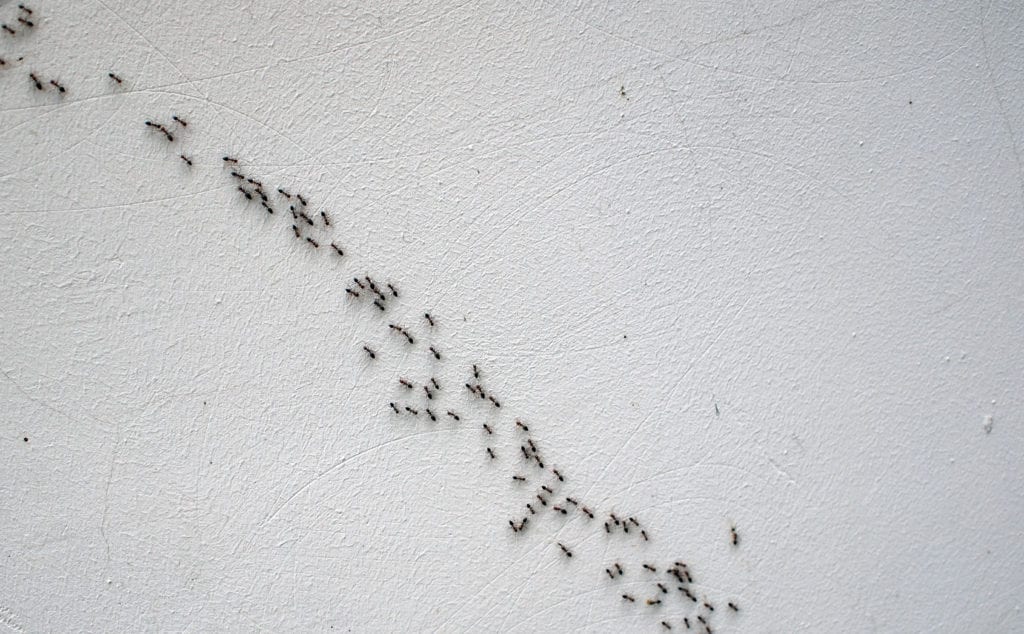
2. Ants and Termites Can’t Co-Exist
While this is typically the case, it is not a proven rule in the insect kingdom. Both ants and termites can be territorial and have even been known to engage in war in the wild but depending on the species’ in question and their respective territories, conflict can sometimes be non-existent. For example, some large homes have had termites destroying their decks and siding, while a colony of ants enter the home from the other side and remain in the vicinity of the kitchen, allowing the termites and ants to occupy the same home without conflict. 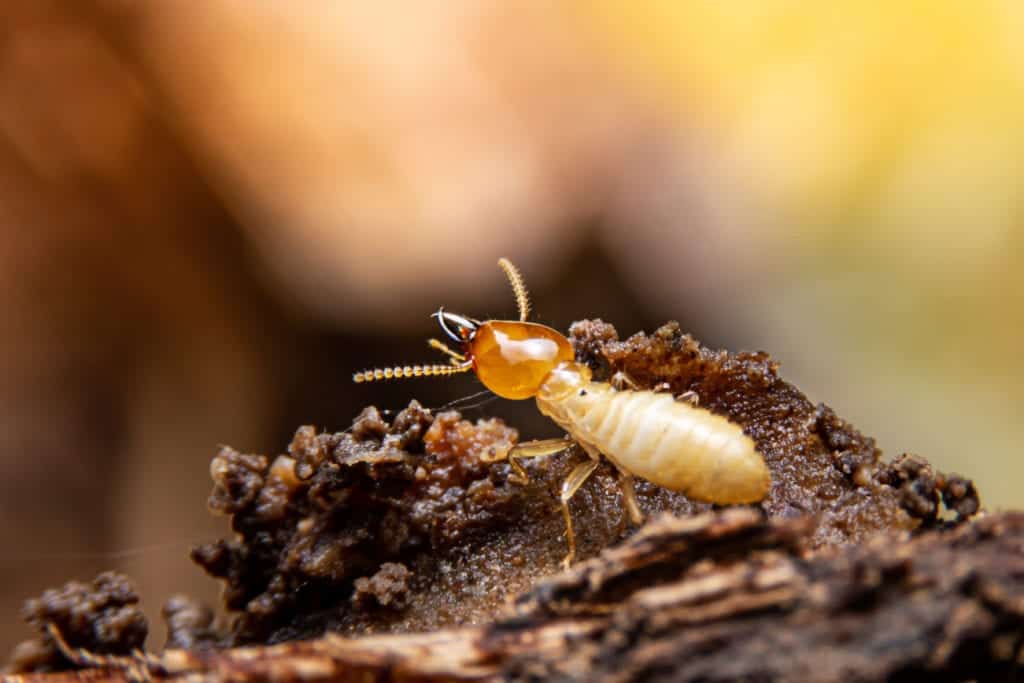
3. Club Soda is an Effective DIY Ant Control
Carbon dioxide will indeed kill ants, and at a great enough concentration, it can be very effective pest control. However, the concentration needed is far more than what is in club soda making it both ineffective if used in homes as well as when it is poured over/into ant hills. 
4. Chalk Lines Will Prevent Ants from Entering Your Home
There is actually nothing special about chalk that deters ants. The simple truth behind the overall myth is that many substances like chalk can disrupt the scent trail of ants. However, such practices are largely ineffective as the scent trail still exists on the other side of the line and if an ant simply crosses over the chalk, or finds another way around, they can easily pick up on the scent trail once more and continue their pillaging of your home’s pantry. 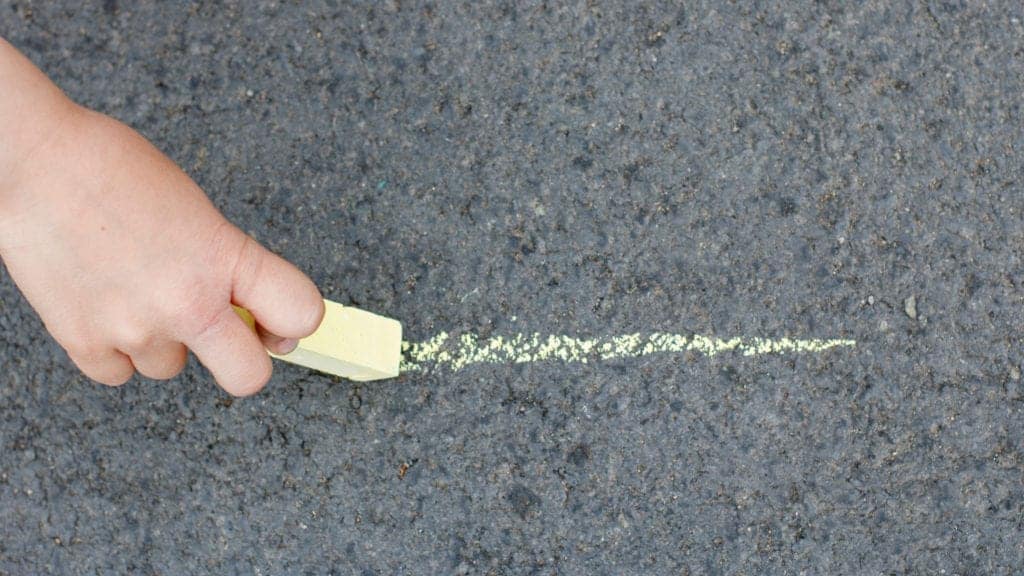
5. Carpenter Ants Eat the Wood Structures in Your Home
This common misconception assumes that carpenter ants share the behavior of termites. However, while they may commit similar destruction to homes and other wooden structures, they do not consume the wood. Rather, they are solely interested in tunneling to create nests so they will leave behind trails of dust and debris in their wake. 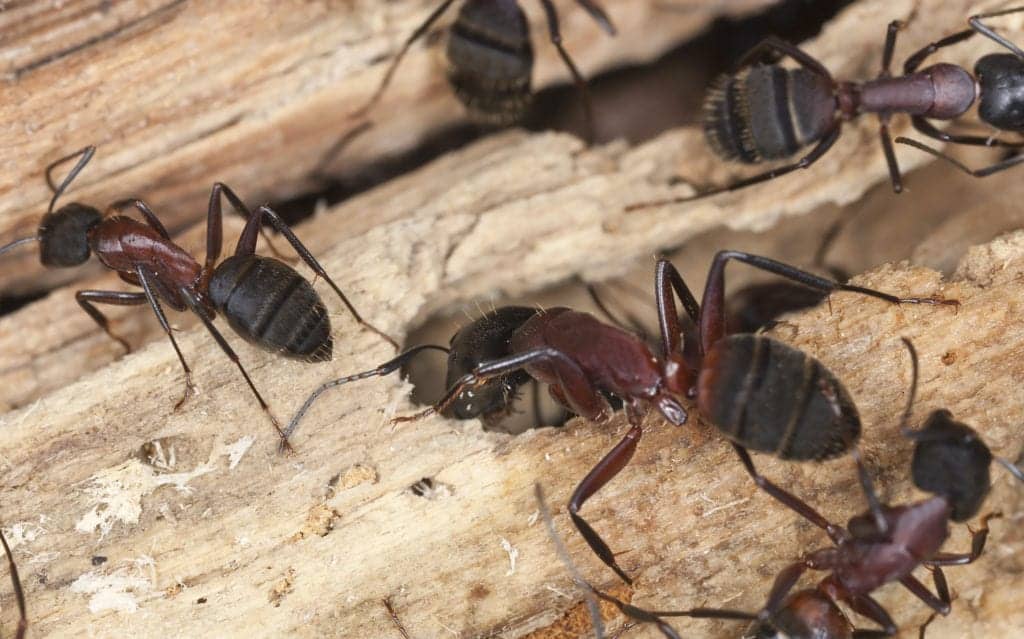
6. Vinegar is an Effective DIY Ant Control
Similar to us, ants are not super keen on the smell of vinegar. While some sources claim that applying vinegar to your floors and entrances will kill ants, this is a fallacy. At the most, it can minorly deter them and throw off the scent trail that they were originally following. However, ants are determined creatures and will find alternate routes into your home. So, while this is very minorly effective, its effectiveness is far outweighed by the unnecessary stench of the vinegar and very short-lived results. 
7. Oatmeal Explodes in Ant’s Stomachs
The theory behind this myth involves the narrow digestive tracts of ants. Supposedly, if an ant ingests oats then drinks water, the oatmeal will expand, placing intense pressure on their small digestive tract until it eventually ruptures. This, however, is not true. When ants eat, their food is held in a pouch within their mouths called the infrabuccal pocket, which strains the food in order to prevent particles that are too large from passing into their digestive systems. Due to this, any expansion of the already chewed oat would take place in the infrabuccal pocket after which, it would also be so broken down that it is no threat whatsoever to an ant’s digestive tract. This myth is surprisingly thought to originate from an old pest control technique used by professionals in which insecticides would be placed on the oats that, when brought back to the colony, would slowly kill the ant population. 
8. Boiling Water Will Destroy Ant Colonies
This DIY ant control method is not only fairly ineffective, but it can be very inconvenient or potentially dangerous to use such excessively hot water. The method requires first finding the specific ant hill of the ants that are invading your home, boiling the water, safely transporting the hot water to the colony, then safely downing the hill. Even if all of this is accomplished without any hiccups, the only ants that suffer from this attack are the exposed ants and any ants that are at the very top of the interior tunnels of the hill. A vast amount of the colony will still be deep within the tunnels, including the queen, and by the time the water is able to seep through the soil to reach these levels, it will no longer be boiling. There is also often a fair portion of the colony that will be away from the hill at the time and, once returning, will begin to rebuild and salvage the damage caused by the water. 
9. Lemons and Cinnamon Can be Used to Block Ants from Entering
Just like humans, ants find certain aromas and substances very repulsive and will actively try to avoid them. While both lemon and cinnamon are widely known to be disliked by ants it isn’t necessarily effective as an ant abatement. If a colony has already found its way into your home and they are using it as a source of food, they will merely find another entrance that circumvents any cinnamon or lemon barriers you may have instituted. 
10. Ants Only Target Messy Homes
While keeping your house free of clutter, left-over food/crumbs, or general messes definitely helps to prevent ants, it is not necessarily fool proof. Ants are extremely persistent scavengers, making them extremely adept at sniffing out food sources even when food is scarce. So, even when you’re keeping clean, ants still may target your home. 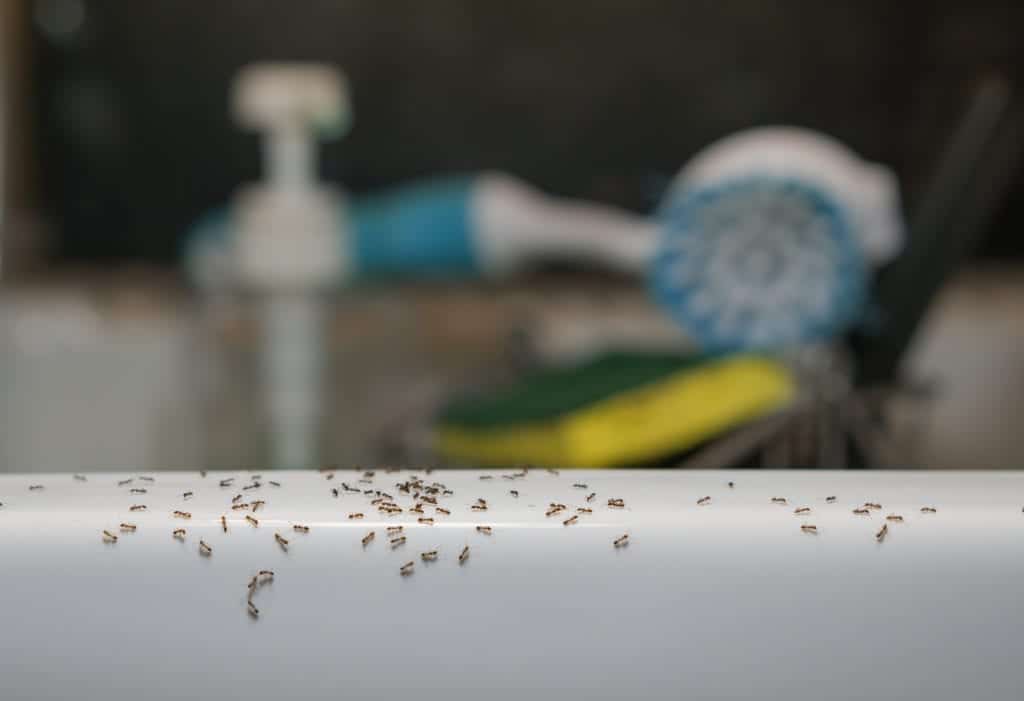
Request a Free Quote Today
(We do not share your data with anybody, and only use it for its intended purpose)


